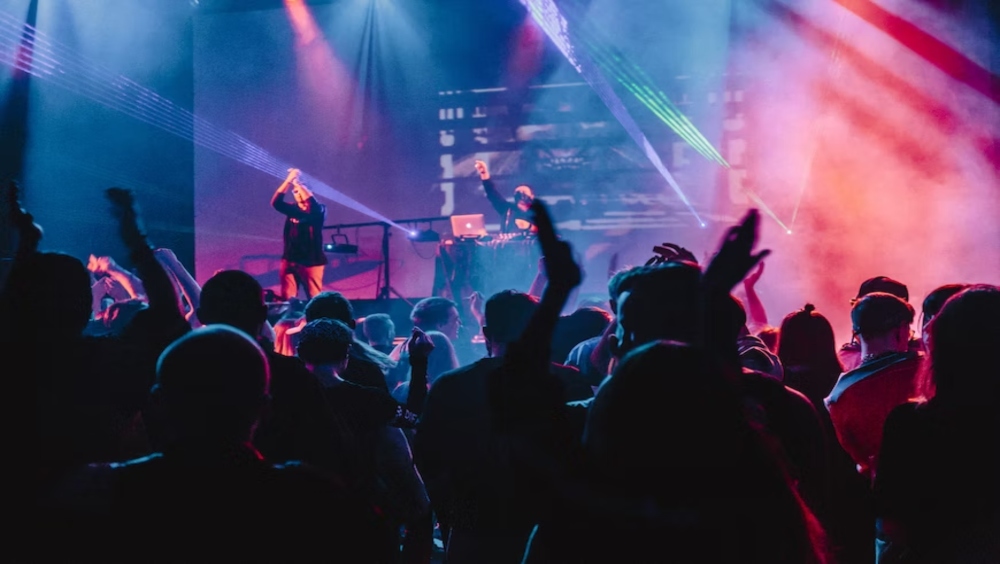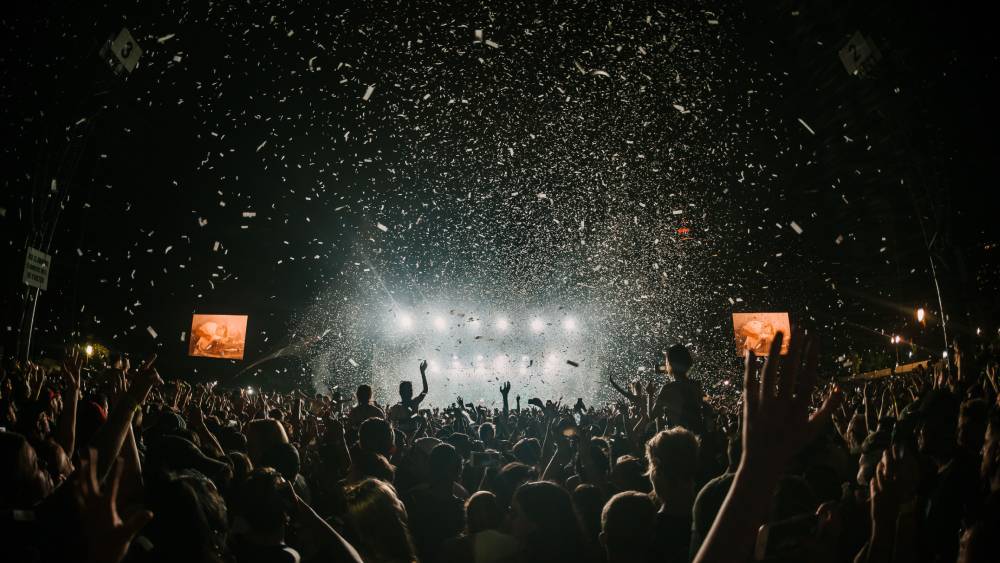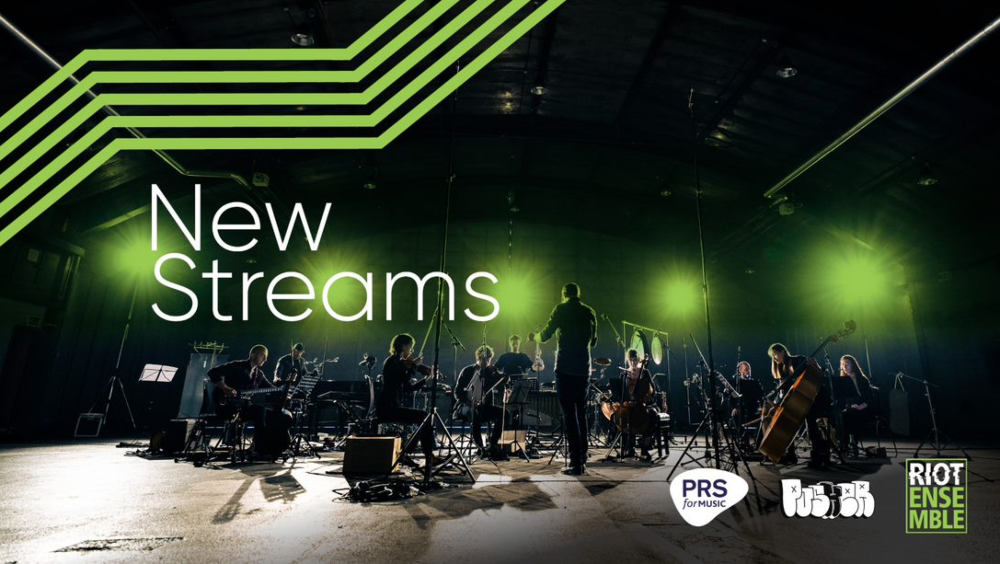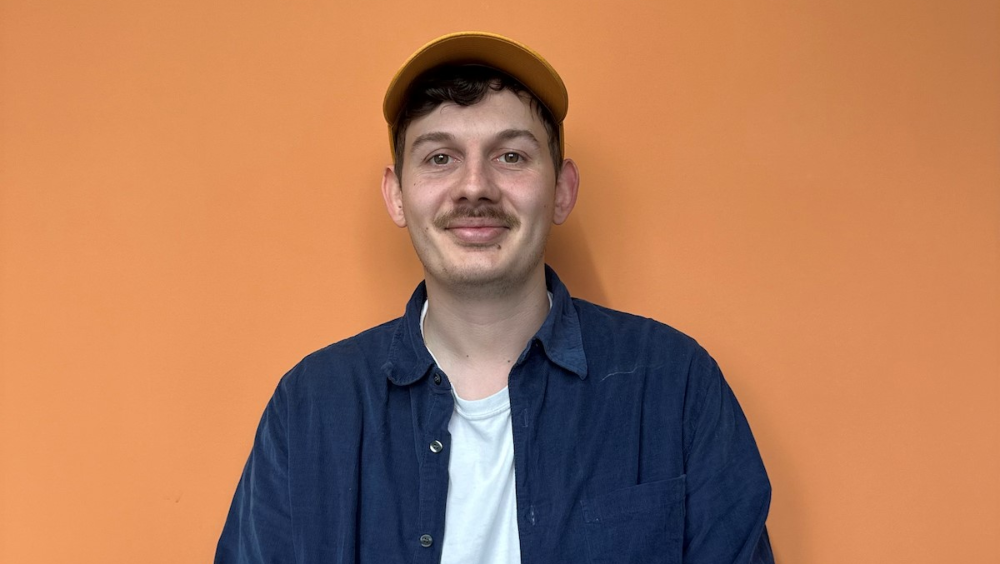With the likes of Adele and Ed Sheeran selling out arena tours in minutes, their music broadcast on repeat at national radio stations and used on major TV shows, it’s easy to imagine where big-name artists make most of their royalties from.
But what about at the start? Was it these same revenue streams that saw them reap their first rewards from registering their songs?
April 2023’s PRS distribution saw more than £169 million in royalties paid out, £25 million and 17% more than in April 2022. Over 650 PRS writers and composers earned royalties for the first time. Over 40% of these first payments were generated through public performance, including live shows which made up 16% of this. Online, including services like Spotify, Amazon and YouTube, accounted for 20% and Radio and TV, both nearly 10% each.
Dan Jones, Senior Writer Relationship Manager at PRS for Music, confirms that live performance and radio play are consistently key revenue streams for newer artists. Something that award-winning jazz artist Georgia Cécile affirmed at Members’ Day Glasgow when she shared how excited she’d been when she received her first royalty payment from PRS. ‘I had performed some music on the radio and it was like oh my gosh I can get paid for my original songs!’ she beamed.
Dan also explains that support from local BBC Introducing can be pivotal in seeing newer writers earn income from their releases. He adds that those who’ve recently joined PRS and are breaking out can also often see a healthy amount from streaming and TV broadcasts in their statements.
Two such artists are Grace Stubbings from the northern alt rock band Venus Grrrls and pop songwriter Phoebe Hall. Both view their first PRS payment as a major milestone in their music careers, signifying more financial stability and the transition from a hobby to a career.
‘You put a lot of hard work into your songs and to get something back that’s totally for you and your work is very cool,’ Phoebe says.
A highlight of Grace’s April PRS statement was seeing she’d been paid for the use of her music during a contemporary dance performance at Sheffield Botanical Gardens, emphasising the variety of where royalties can be generated. ‘It was rewarding to see the final product of a piece that you have worked on for so long come to life,’ Grace shares, ‘and it was amazing to gain feedback from the audience and see how the dancers respond to the music that you create.'
For Phoebe and Grace to earn these first royalty payments, it all began with them registering their songs. For unpublished artists, it’s important to do this as soon as possible after any splits have been agreed to avoid missing out on royalties. As Dan says, ‘It’s a quick, simple process but one that will prove to be rewarding.’ He also emphasises that when it comes to reporting live performances, it’s key to figure out a routine that works for you depending on how often you gig, whether that’s weekly, monthly or quarterly.
Whilst earning your first royalty payment is a big moment and one to celebrate, it’s only the start and with the music industry notoriously hard to stay afloat in, what support is on offer to newer artists wanting to make it big?
PRS for Music’s charity arm, PRS Foundation are the UK's leading charitable funder of new music and talent development. Since its creation in 2000, the Foundation has given more than £44 million in grants to nearly 9000 new music initiatives. Nine out of the 12 Mercury Prize 2022 nominees had received grant support from the Foundation, including the winner Little Simz.
Elizabeth Sills, Grants & Programmes Manager at the PRS Foundation runs through what they offer artists in the early stages of their career.
‘For newer artists we would suggest looking at our Open Fund and Women Make Music Fund which offer up to £5,000 towards the creation, performance and recording of new music,’ she explains.
Elizabeth reiterates that grants at this early career stage can be pivotal in funding tours and studio time. These activities, key to publicising music and building a following, often incur big costs meaning that without financial support, many artists simply can’t afford them. Because these grants are gifts, it also means that artists are afforded more creative freedom without the worry of having to pay the amount back.
Elizabeth mentions that many music creators who have benefited from this early career support have gone on to receive more funding through the Foundation’s next level funds, including: The Composers’ Fund (Gazelle Twin, Cassie Kinoshi) and the PPL Momentum Music Fund (IMOGEN, Jealous of the Birds) as well as commissions through their New Music Biennial, a festival hosted at London’s Southbank Centre and broadcast on BBC Radio 3, and Beyond Borders, a scheme to strengthen cross-border collaborations between music creators in the UK and Ireland.
Grants from charities like the PRS Foundation can be instrumental in supporting artists in the early stages of their careers to continue to create music, ensuring that their first PRS royalty payment is one of many.
Looking ahead, Dan jokes that he wished he had a crystal ball to see how first-time earner revenues could change in the future, particularly in the face of developing technologies such as NFTs, virtual reality and the metaverse. He highlights that he’s particularly interested to see how developments in streaming unfold, emphasising ‘I’m very keen to see if more of that income can find its way into the pockets of the songwriters and composers.’





